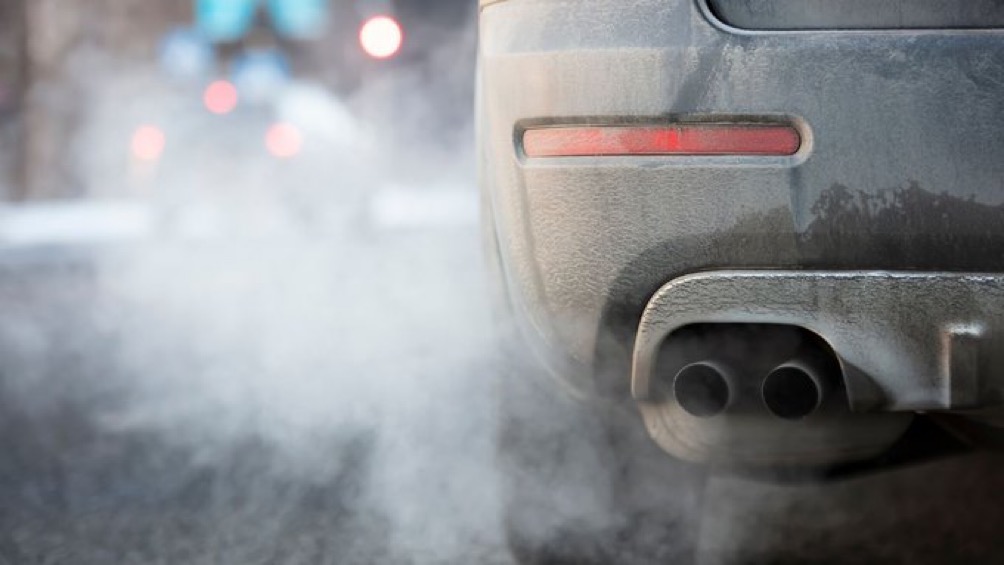Ottawa’s new vehicle idling times are in effect

Ottawa’s new idling times have come into effect for vehicles on public and private property, working to reduce greenhouse gas emissions and improve air quality.
The maximum idling times for vehicles in Ottawa are being reduced to make the city’s air cleaner, wrote the City of Ottawa in a news release.
Council approved by-law changes this past fall, including:
Advertisement
- Maximum idling time will be three minutes per hour when the outside temperature is between 0 C and 27 C for occupied vehicles.
- Maximum idling time will be 10 minutes per hour when the outside temperature is colder than 0 C or warmer than 27 C for occupied vehicles.
- For unoccupied vehicles, the maximum idling time limit is one minute per hour, regardless of the temperature.
Changes to vehicle idling times came into effect on Wednesday, Jan. 1. The times landed on were more lenient than staff previously intended, which would have brought Ottawa in line with other major cities across the country.
Click here for more information on Ottawa’s Idling Control (By-law No. 2024-437).
According to the municipality, idling occurs when a car’s gas-powered engine is running but the vehicle is not moving.
“Most of the time idling is simply a bad habit: waiting to pick up a child, pre-heating your vehicle, or sitting in your driveway listening to the end of a song. It wastes fuel (and money), causes air pollution and is harmful to our health,” staff explained.
Advertisement
Vehicle idling results in emissions with harmful chemicals that can be inhaled deep into the lungs. Based on an air quality report by the World Health Organization, such pollutants can have both short-term and long-term health impacts, including premature death from stroke, heart disease, lung cancer and acute respiratory infections.
While air pollution can affect everyone, children, older adults and those with heart and lung conditions are more vulnerable to poor air quality, added the city.
“If every Ottawa driver reduced daily idling in their vehicles by two minutes, carbon dioxide emissions would decrease by about 31.2 million kilograms a year – or, we estimate, the equivalent of removing 6,780 vehicles from our roads,” the press release reads.
Ottawa enacted the Idling Control By-law in 2007, taking steps to reduce greenhouse gas emissions and improve air quality.
City staff reviewed the Idling Control By-law throughout 2024 — following the direction of City Council — and consulted with community and industry partners to weigh in on proposed changes.
